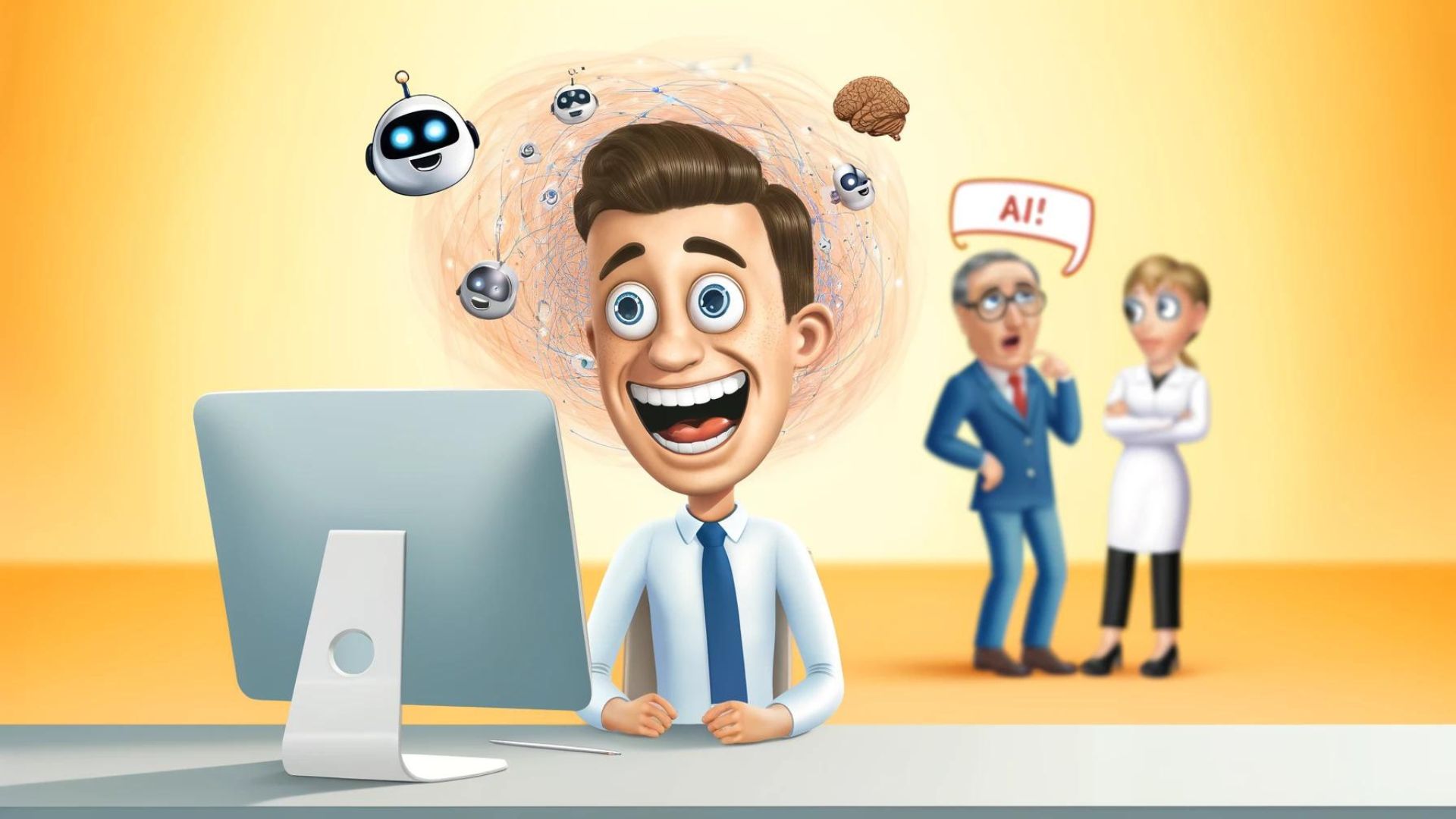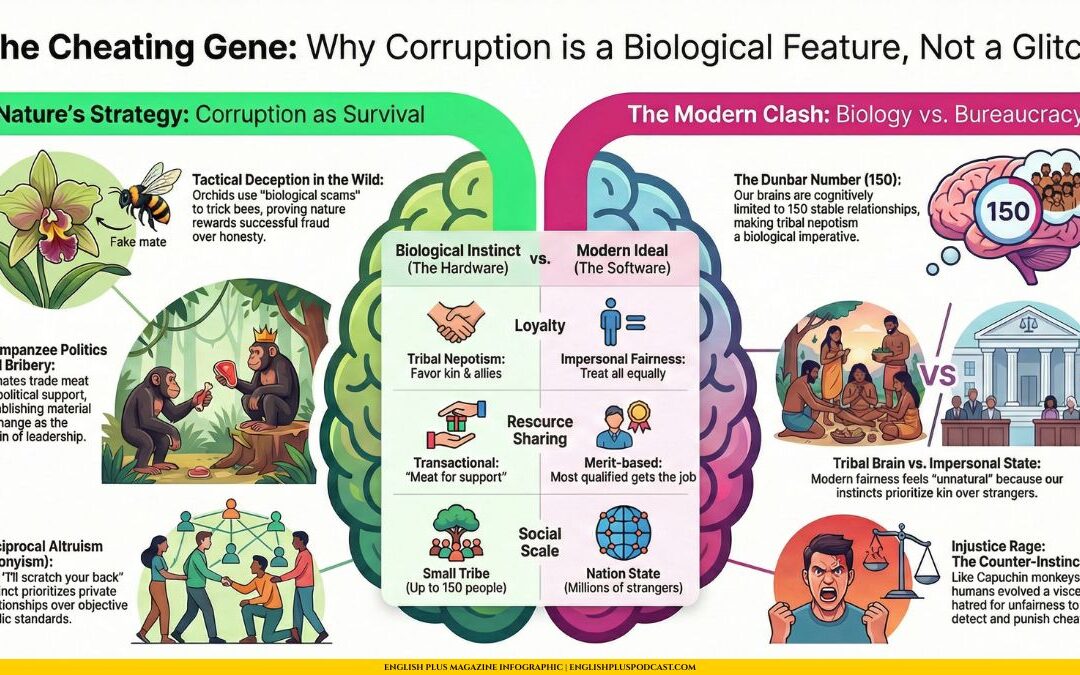Welcome to the brave new world where artificial intelligence (AI) is not just a sci-fi concept but an integral part of our daily lives. From voice assistants that manage our schedules to recommendation algorithms that know our tastes better than our best friends, AI is everywhere. But as we bask in the glory of these technological marvels, there’s a sneaky little cognitive bias creeping up on us, making us believe we are experts in fields we’ve barely scratched the surface of. Yes, I’m talking about the infamous Dunning-Kruger effect, and AI seems to be putting this bias on steroids.
Understanding the Dunning-Kruger Effect
First, let’s break down the Dunning-Kruger effect for those who haven’t had the pleasure of encountering this delightful piece of psychological insight. Named after psychologists David Dunning and Justin Kruger, this cognitive bias describes how people with low ability at a task overestimate their ability. In other words, the less you know, the more you think you know. Conversely, experts often underestimate their knowledge, assuming that what is easy for them is easy for others.
Enter AI: The Enabler of Overconfidence
AI, with its promise of making complex tasks simple and accessible, can exacerbate the Dunning-Kruger effect. Let’s take a look at a few examples to see how this plays out in real life.
1. The Rise of the Armchair Expert
Remember the days when diagnosing a health issue required years of medical training? Now, thanks to AI-powered symptom checkers and health apps, anyone with a smartphone can play doctor. Feeling a bit under the weather? Just punch in your symptoms, and voilà, you have a diagnosis! The problem is, these tools often oversimplify complex medical conditions, leading users to believe they have a deeper understanding of medicine than they actually do. The result? A surge in self-proclaimed health experts who might be better off consulting a real doctor.
2. The Financial Wizardry Illusion
The world of finance is another domain where AI is supercharging our confidence. Investment apps with AI-driven advice promise to help us navigate the stock market like seasoned traders. These apps often present complex financial data in an easily digestible format, making it seem like investing is as simple as playing a game. However, the reality of market dynamics and financial risk is far more complicated. While these tools are undoubtedly helpful, they can also create a false sense of mastery, leading to risky financial decisions.
3. The Creative Conundrum
AI in the creative arts is perhaps the most fascinating and contentious area. Tools like AI-driven graphic design software, music composition apps, and even writing assistants (hello, ChatGPT!) empower everyone to create art, music, and literature. But here’s the catch: just because AI can help you produce something that looks or sounds good doesn’t mean you’re the next Picasso or Shakespeare. The nuances of creativity and artistic expression go far beyond what AI can offer, yet many users walk away with inflated confidence in their creative prowess.
The Double-Edged Sword of AI Accessibility
Now, don’t get me wrong. The democratization of knowledge and skills through AI is a wonderful thing. It’s empowering millions to explore new fields, learn new skills, and innovate in ways previously unimaginable. However, it’s crucial to recognize the double-edged sword here. With great power comes great responsibility—or in this case, with great AI tools comes the need for a healthy dose of humility.
Keeping Our Egos in Check
So, how do we enjoy the benefits of AI without falling into the Dunning-Kruger trap? Here are a few tips to keep our egos in check:
1. Acknowledge the Limits of AI
AI is a tool, not a substitute for deep expertise. Use it to augment your knowledge, not replace the need for learning and experience. Recognize that while AI can simplify tasks and provide insights, it doesn’t make you an expert overnight.
2. Embrace Lifelong Learning
Stay curious and committed to continuous learning. Use AI as a stepping stone to delve deeper into subjects that interest you. Take courses, read books, and seek mentorship from real experts. Remember, true mastery requires time and effort.
3. Be Skeptical of Easy Answers
AI can sometimes offer solutions that seem too good to be true. Approach these with a healthy dose of skepticism. Cross-check information, seek second opinions, and be wary of overconfidence. The internet is full of stories of people who got burned by trusting AI-driven advice too blindly.
4. Celebrate Expertise
Appreciate the value of true expertise. Whether it’s in medicine, finance, the arts, or any other field, respect the knowledge and experience of professionals. Their insights, honed over years of practice, are invaluable.
Finally, The Balance of AI and Human Wisdom
AI is an incredible tool that has the potential to transform our lives for the better. However, it’s essential to navigate this new landscape with a balanced perspective. By recognizing the limits of our knowledge and the true capabilities of AI, we can avoid falling prey to the Dunning-Kruger effect on steroids. So, let’s embrace AI, but let’s also stay humble, curious, and always willing to learn. After all, the real magic happens when human wisdom and artificial intelligence work together in harmony.
Feel free to share your thoughts and experiences on this topic. How has AI impacted your perception of expertise? Have you ever caught yourself falling into the Dunning-Kruger trap? Let’s keep the conversation going!
Stay smart, stay curious, and keep questioning!
P.S. If you are feeling adventurous, go check your knowledge of cognitive biased in this special quiz we created. And If you want to learn more about other cognitive biases, there’s a giant episode I created about cognitive biases that you might want to check out.
Have a great week, and never stop learning with English Plus Podcast.
Danny Ballan
Editor-in-chief










0 Comments